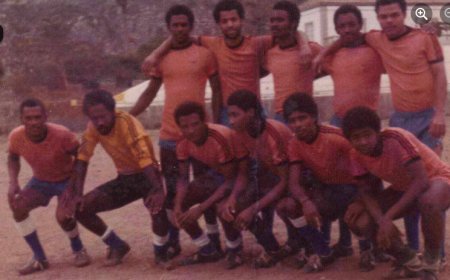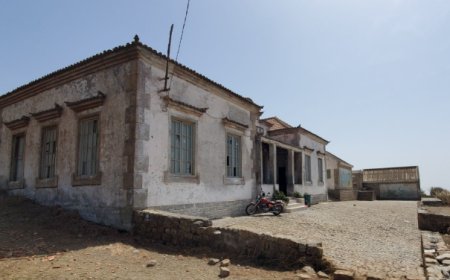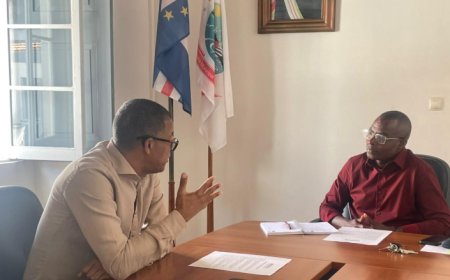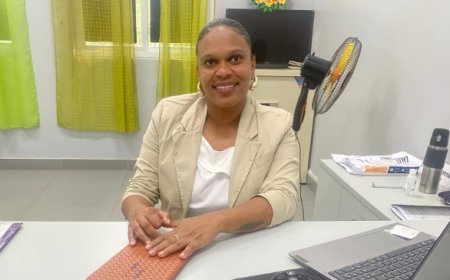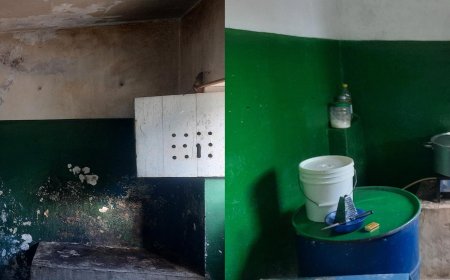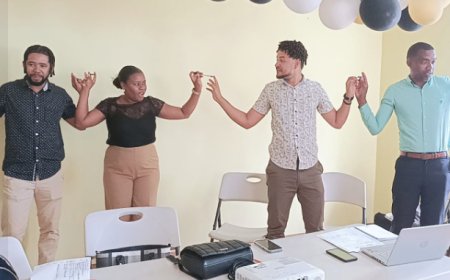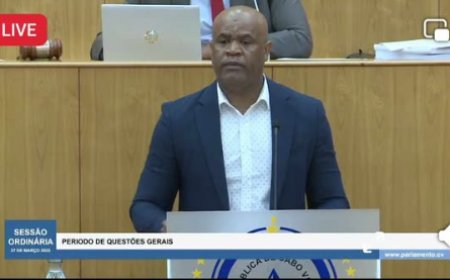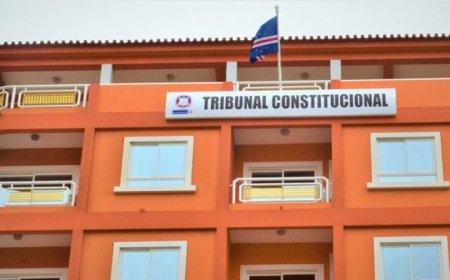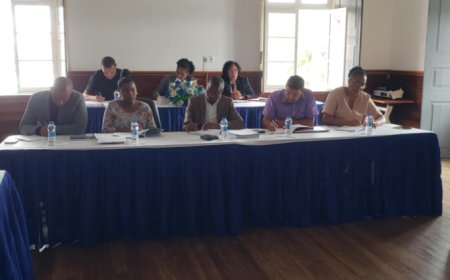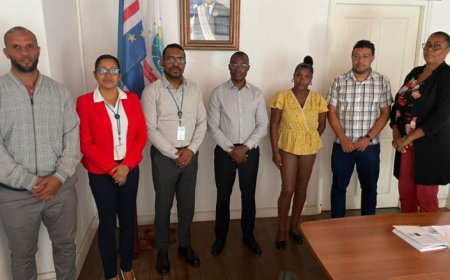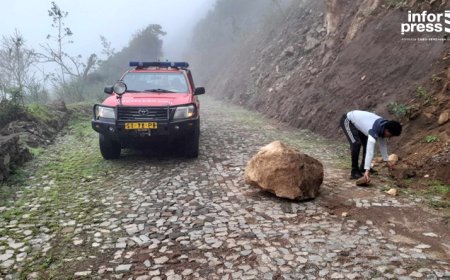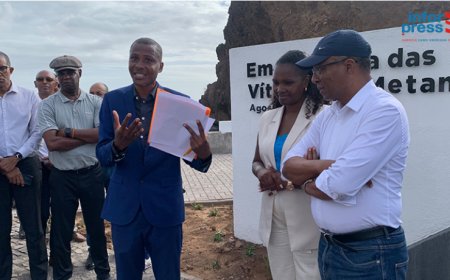Celebrations for the centenary of Amílcar Cabral start on Saturday and go around the world
The celebrations for Amílcar Cabral's centenary begin on Saturday, with activities in Cape Verde and Guinea-Bissau, and travel around the world for the rest of the year, with events and initiatives presented today in the city of Praia.

“It is the biggest challenge that the Amílcar Cabral Foundation faces”, said the institution's leader, Pedro Pires, former Cape Verdean President, today, in an allusion to the work, contacts and cooperation actions that the global program requires.
The celebrations “will be the sum of activities” developed independently by several entities in Cape Verde and abroad to celebrate the 100 years that Amílcar Cabral would celebrate on September 12, 2024.
An international colloquium on the historic leader of the liberation and independence movement of Guinea-Bissau and Cape Verde, against the Portuguese colonial regime, will be the highlight of the program, scheduled for the month of his birth.
But “the first act” of the centenary celebrations, said Pedro Pires, takes place this Saturday, January 20th, the day that marks the 51st anniversary of the murder of Amílcar Cabral, in Conakry.
There will be an international symposium dedicated to his figure, in Bissau, while Praia will celebrate National Heroes Day with meetings, a march and the premiere of a theater play: “The Last Moon of the Big Man”, by the Sikinada companies (Cape Verde ) and Art'imagem (Portugal).
For March, an international colloquium is planned in Luanda and there is ongoing collaboration between the foundation and the Commemorative Commission for the 50th anniversary of the 25th of April, in Portugal, as well as with the organization of the fiftieth anniversary of the release of political prisoners from Tarrafal (island of Santiago, Cape Verde).
At the same time, Pedro Pires highlighted the partnership with the United Nations Educational, Scientific and Cultural Organization (UNESCO) for the inscription of Cabral's writings in the Memory of the World archive and for the inclusion of September 12th in the anniversaries of personalities supported by the organization.
The program will be detailed over the next few months, because there are more collaborations underway (for example, with higher education institutions) and “there have never been so many requests to publish works by Amílcar Cabral” as there are now, said the former head of state from Cape Verde.
The celebrations were at the center of public discussion in the country and in the diaspora at the end of 2023, after the majority of the Movement for Democracy (MpD, party in power) in parliament had "failed", in October, a proposal presented by the African Party to the Independence of Cape Verde (PAICV, opposition) for the celebrations.
The MpD claimed that, legally, the resolution was the wrong instrument for this purpose, considering that this should be supported through a law proposal, presented by the Government, but, in the public debate, the case was highlighted as another episode that reflects the political polarization of the country.
Subsequently, the Cape Verdean Prime Minister, Ulisses Correia e Silva, promised "dignity and representation" in the celebrations of the centenary of Cabral's birth.
Pedro Pires today considered the “parliamentary incident”, as he called it, a detail that should not overshadow “a bigger thing” which is the celebrations, considering the matter as outdated, especially because the program presented today at a press conference was discussed at a meeting with the Prime Minister on Monday.
“I don’t see the incident only in a negative way”, he said, considering that it helped to promote “more autonomous work” by different organizations and pointed to next Saturday’s celebrations as a sign that “dependence on governments has been reduced”, both in Cape Verde, as in Guinea-Bissau.
The Week with Lusa








